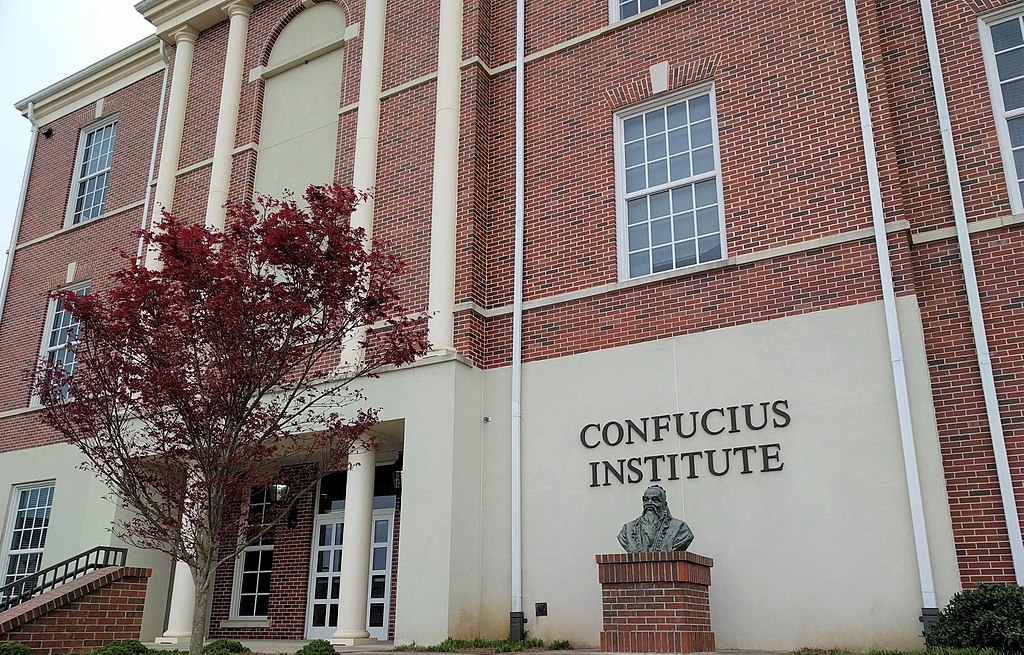
Police question witnesses to the double-murder in Jungfernstieg subway station in Hamburg, Germany. (Image source: Daniel J./Heinrich Kordewiner video screenshot)
- If it was indeed the authorities’ plan to censor the news and keep the information of the beheading under wraps, then it backfired. Due to the reports about the raid, thousands of people have seen the video, and hundreds of thousands have heard about the botched censorship attempt.
- Hamburg’s government is still trying to conceal the beheading. Among other things, they [the AfD party] wanted to know whether the child had been beheaded. The administration — in breach of its constitutional duty — refused to answer. It also censored the questions by blacking out whole sentences.
- Why the beheading should be kept a secret is anyone’s guess. What has become clear is how easily authorities in Germany can censor the news and punish bloggers who spread undesired information. They have a vast toolbox of laws at their disposal. It does not seem to bother them that the law invoked in this case stipulates explicitly that it shall not be applied to the “reporting of contemporary events.”
In an apparent attempt to sweep under the rug a recent double homicide in Hamburg, Germany, authorities there censored the story. They also raided the apartments of a witness who filmed a video describing the murder, and a blogger who posted the video on YouTube.
The murder, which made headlines worldwide, occurred on the morning of April 12. The assailant, Mourtala Madou, a 33-year-old illegal immigrant from Niger, stabbed his German ex-girlfriend, identified as Sandra P., and their one-year-old daughter, Miriam, at a Hamburg subway station. The child died at the scene; her mother died later, at the hospital. The woman’s three-year-old son witnessed the murders. Continue reading









